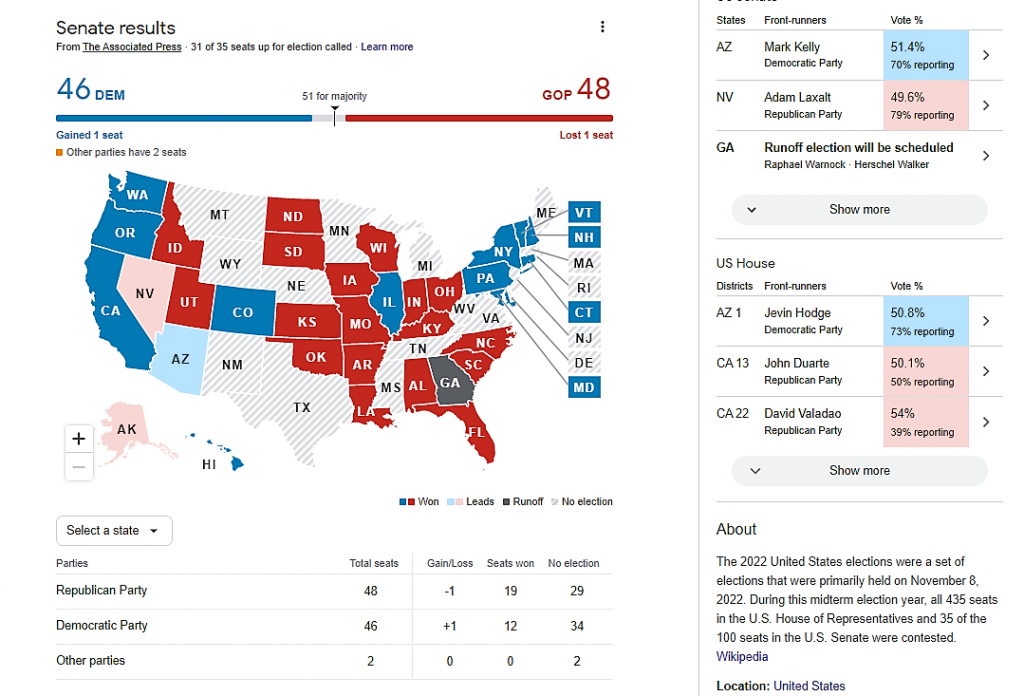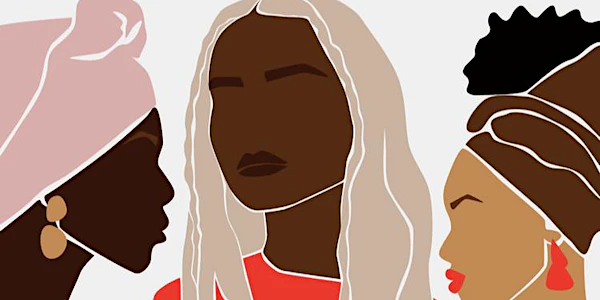The results of the surveys show that women of color who intend to participate in the American election contests are harassed on social media.
According to Jahan Banou, just four hours after Attica Scott, a representative of the state of Kentucky and one of the candidates of the woman of color population, announced her intention to participate in the congressional elections, an email was sent to her, calling her “ignorant”.
Scott immediately realized that this threatening and insulting note was actually an attempt to exclude him from the competition.
According to the Washington Post, she continues to run for office and receives harassing messages in her work emails and social media, harassing her because of the different appearance she has.
The threats have been repeated enough that she has to take steps to protect her privacy online. They are twice as likely to be misinformed as other candidates. These women are at least five times more exposed to posts related to their identity than other candidates.
The presence of women of color in American politics is undeniable, however, even when these women are at the highest levels of government, not much research and work is done regarding to stop the harassment they are experiencing.
The conclusion of this American institution is based on the analysis and review of more than 100,000 tweets during the 2020 American elections, which were randomly selected from nearly 300 election candidates.
The researchers found that women of color received more offensive posts than white men; posts with content that is sexist, racist, and promotes violence.
There are laws in the U.S. that makes violent threats illegal, but Daniel Citron, a law professor at the University of Virginia who studies online harassment, says the people who commit these crimes are rarely convicted or prosecuted because law enforcement lacks the technical facilities and resources to investigate online threats, especially when these threats are made anonymously.
Now, it is worth mentioning that in these mid-term elections all 50 states in the U.S. have now elected to send a woman to Washington.
Vermont was the last state to have never elected a woman to Congress — but on Tuesday, Democrat Becca Balint won the state’s seat in the House of Representatives, becoming the first woman to represent Vermont in Congress. While this election cycle saw a record number of women win races for governor, the number of female candidates fighting for seats in the House and Senate failed to reach the highs seen in the 2018 and 2020 races, according to the Center for American Women and Politics at Rutgers University.

Eight women in general have significantly made it to the congress, their names are :
Summer Lee, Marcy Kaptur ,Kathy Hochul ,Delia Ramirez Becca Balint ,Maura Healey ,Sarah Huckabee Sanders ,Katie Britt


